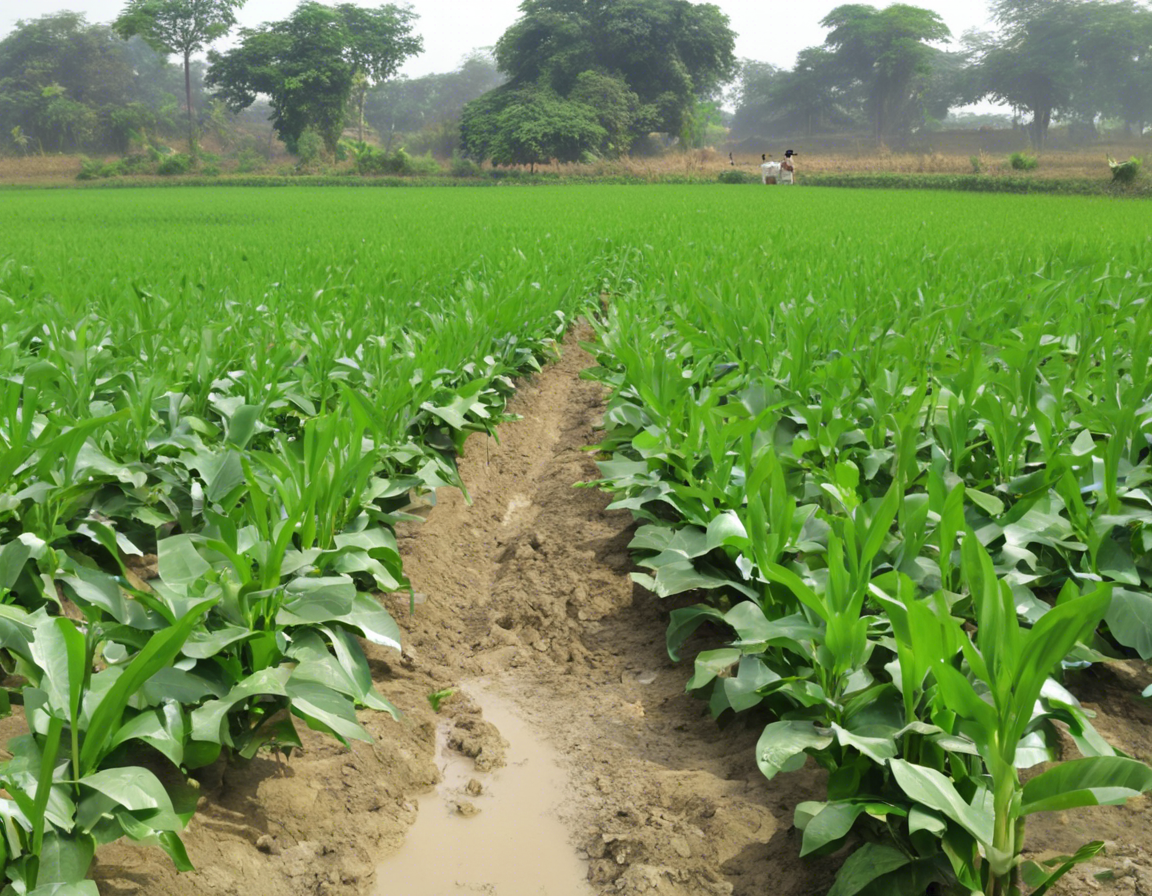The Bihar Agriculture Department plays an integral role in the development of agriculture in the state of Bihar, India. With a rich history and diverse agricultural practices, Bihar has the potential to significantly contribute to the growth of the agricultural sector in the country. In this article, we will delve into the various aspects of the Bihar Agriculture Department, including its initiatives, schemes, challenges, and future prospects.
Agricultural Scenario in Bihar
Bihar is known as the “Agricultural Bowl of India” due to its fertile soil and favorable agro-climatic conditions. The state is primarily dependent on agriculture, with a significant portion of its population engaged in farming activities. The major crops grown in Bihar include rice, wheat, maize, pulses, oilseeds, and fruits.
Role of the Bihar Agriculture Department
The Bihar Agriculture Department is responsible for formulating and implementing agricultural policies to promote sustainable agricultural practices, increase crop productivity, and improve the livelihoods of farmers. The department works towards enhancing the adoption of modern farming techniques, providing quality seeds and fertilizers, and ensuring timely availability of agricultural credit to farmers.
Initiatives and Schemes
1. Krishi Input Subsidy Scheme
Under this scheme, farmers are provided subsidies on various agricultural inputs such as seeds, fertilizers, pesticides, and agricultural machinery. This scheme aims to reduce the cost of cultivation for farmers and improve agricultural productivity.
2. Chief Minister’s Agricultural Mechanization Scheme
This scheme focuses on promoting mechanized farming by providing subsidies to farmers for the purchase of agricultural machinery such as tractors, power tillers, and harvesters. This initiative aims to reduce drudgery in farming activities and enhance overall efficiency.
3. Soil Health Card Scheme
The Soil Health Card Scheme aims to provide soil health cards to farmers, which contain recommendations on the appropriate dosage of nutrients for their farmlands. By promoting soil testing and balanced fertilizer use, this scheme helps farmers improve soil fertility and crop yield.
4. Organic Farming Promotion Program
To encourage sustainable agricultural practices, the Bihar Agriculture Department has launched an Organic Farming Promotion Program. This initiative aims to promote organic farming methods, reduce the use of chemical inputs, and ensure the production of healthy and chemical-free crops.
Challenges Faced by the Department
Despite its efforts to promote agricultural growth, the Bihar Agriculture Department faces several challenges, including fragmented land holdings, lack of irrigation facilities, dependence on monsoons, pest attacks, and inadequate access to credit. These challenges hinder the overall development of the agricultural sector in the state.
Future Prospects
Looking ahead, the Bihar Agriculture Department is focusing on introducing crop diversification, promoting agro-processing industries, improving irrigation facilities, and enhancing the adoption of technology in agriculture. By addressing these key areas, the department aims to boost agricultural productivity, increase farmers’ income, and ensure food security in the state.
Frequently Asked Questions (FAQs)
1. What are the major crops grown in Bihar?
Answer: The major crops grown in Bihar include rice, wheat, maize, pulses, oilseeds, and fruits.
2. What is the role of the Bihar Agriculture Department?
Answer: The Bihar Agriculture Department is responsible for formulating and implementing agricultural policies to promote sustainable agricultural practices and improve the livelihoods of farmers.
3. What are some key initiatives and schemes launched by the Bihar Agriculture Department?
Answer: Some key initiatives and schemes include the Krishi Input Subsidy Scheme, Chief Minister’s Agricultural Mechanization Scheme, Soil Health Card Scheme, and Organic Farming Promotion Program.
4. What challenges does the Bihar Agriculture Department face?
Answer: The department faces challenges such as fragmented land holdings, lack of irrigation facilities, dependence on monsoons, pest attacks, and inadequate access to credit.
5. What are the future prospects of the Bihar Agriculture Department?
Answer: The department aims to introduce crop diversification, promote agro-processing industries, improve irrigation facilities, and enhance the adoption of technology in agriculture to boost agricultural productivity and increase farmers’ income.

